-
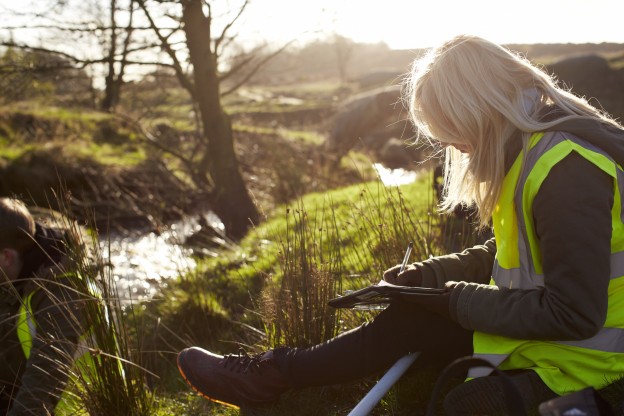
Knowledge organisers, cognitive science, tiger teachers and Michaela. Beyond the pale, or part of our ITE future?
Last week I taught geography for the first time since the current National Curriculum was implemented (note to self – do fewer meetings but do more teaching and research as Head of Department). The topic was rivers; the student group BA primary; the module assignment was to create a primary classroom learning environment to facilitate…
-
PISA: Stories of Science
A couple of weeks ago the results of the latest PISA global education survey were released. The PISA survey happens every three years, and measures the skills and knowledge of 28 million 15-year-olds across the world in science, mathematics, reading, problem solving and financial literacy. PISA is seen as a vital measure of education policy. …
-

Let’s make it a happy Christmas for disabled families
It has recently been reported in the media that 28000 low income families who care for a disabled child have been underpaid via tax credits since 2011. For the poorest and most challenged families this means a total loss in income of £20000. The money was not paid to families in part because of a…
-
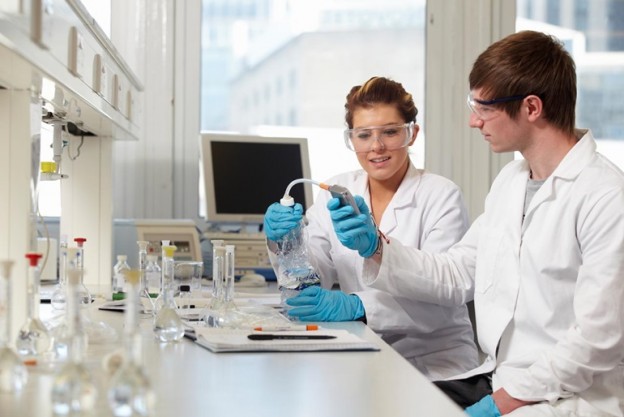
A good day to write ‘that’ blog
Today seems like a good day to write ‘that’ blog. As the Women in Science, Engineering and Technology (WiSET) twitter feed pings away after a busy day at the WISE (Women in Science and Engineering) conference yesterday, the mixed feelings I have about the direction of travel in the gender equality in STEM (Science, Technology,…
-
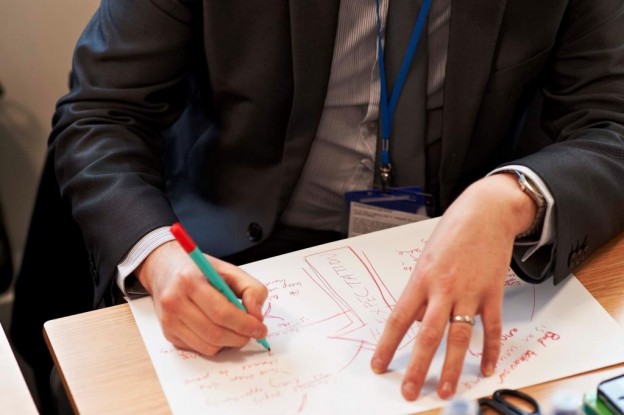
Responding to complexity: a new third tier for school based education
Change has become a constant in the English school education system. A major driver has, and for the moment continues to be, the Government’s on-going strategy for a school-led self-improving system which incorporates a number of new, and relatively new, organisational structures and influential roles. In no particular order these include the office of Regional…
-
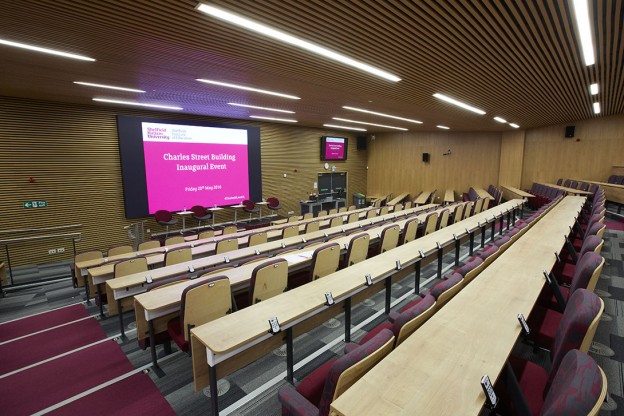
Warning: May contain nuts. The role of lectures in student learning
It was about fifteen minutes after take-off and I was offered a thimble full of diet Coke and a postage stamp size packet of peanuts. Despite the minuscule size of the packet of peanuts, emblazoned across it was the statement ‘Warning: may contain nuts’. This worried me on two levels: firstly as a packet of…
-
Is Friendship Something that can be Taught in Schools?
This is the question that both a New York magazine and a Dublin radio show were eager to ask me after the recent publication of my research article in the International Journal of Early Years Education titled ‘A Pedagogy of Friendship: young children’s friendship and how schools can support them’. This study followed seven children…
-
What’s the meaning of International Students?
Four thousand students at Sheffield Hallam are eligible to wear the International Student wristband. These identity markers draw institutional distinctions surrounding fees, immigrations rules, police registration and visas. But wearing the wristband can trigger images of students who lack criticality, are passive, plagiarize, and follow other deficient learning habits. Lecturers and students do well to…
-
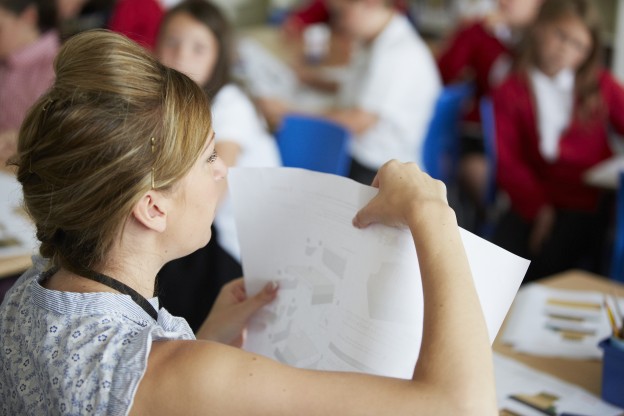
Bridging the great divide? Building understanding between primary and secondary schools
In the past few weeks, two issues have come together for me, both focussed on the transition from primary to secondary school. Firstly, like thousands of other children in Year 6, my elder son and his school received the results from the new Key Stage 2 (KS2) assessments introduced by the government this year. Secondly,…
-
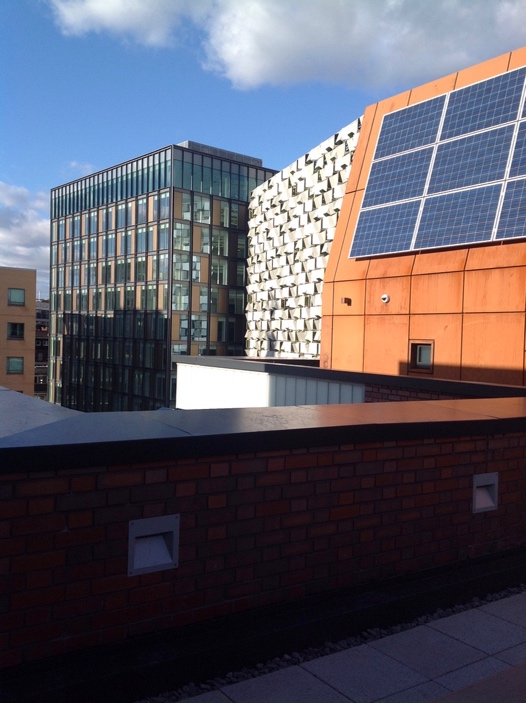
Space matters – but how, why and to whom?
Doreen Massey died recently. ‘Doreen who’ I hear most of you asking? She was a feminist, a geographer and a political activist who worked at the Open University (http://www.theguardian.com/education/2016/mar/27/doreen-massey-obituary). Like other cultural icons we’ve lost recently (David Bowie, Prince, Victoria Wood, Muhammad Ali) Doreen Massey’s death feels significant. Along with a few others (Henri Lefebvre,…
Got any book recommendations?